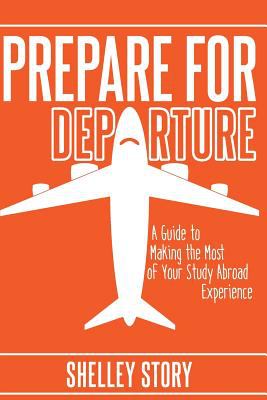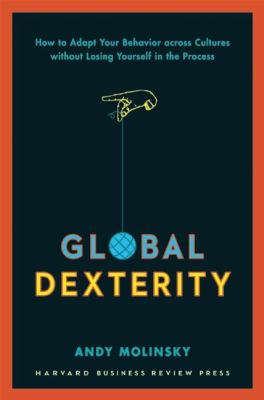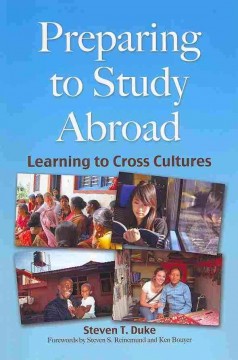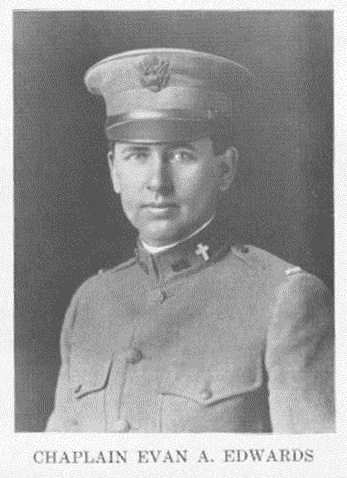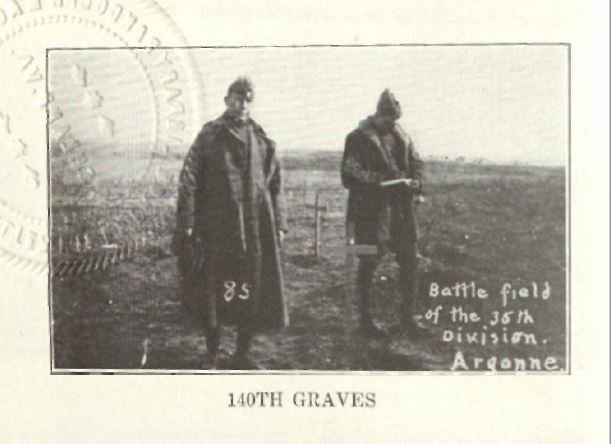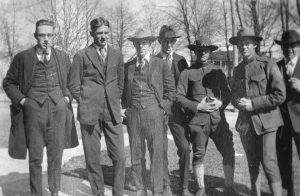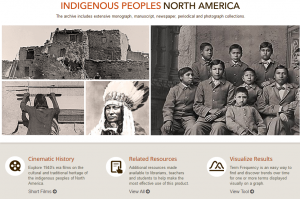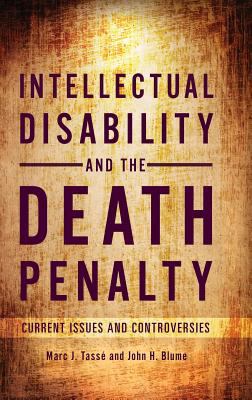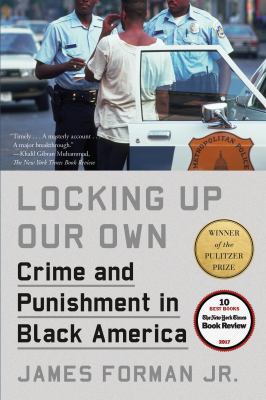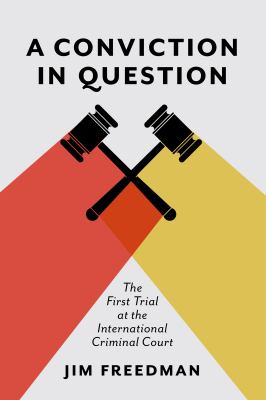Sabin Americana, 1500-1926 is a full text primary source archive covering the Americas from the colonial era through the early twentieth century includes over 13 million pages from more than 65,000 works published over a period of 4 centuries. Sources include pamphlets, books, magazines and newspapers, sermons, political tracts, speeches, broadsides, legislation, maps, literary works and more. Materials can be used to explore politics, culture, religious beliefs, events, social attitudes, and other aspects of life in the Americas.
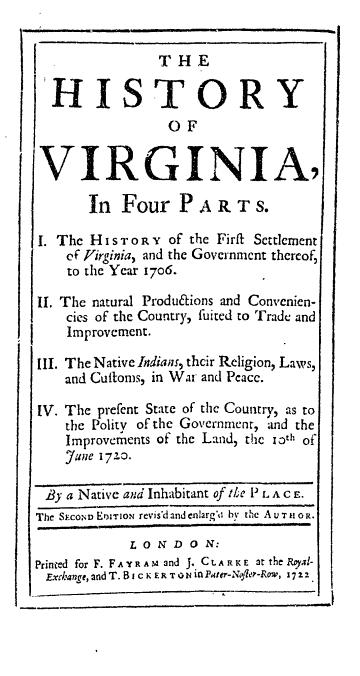
Some sample topics that can be researched include the history of European settlement in the Americas; government policy towards Native Americans; the changes in women’s social status and rights over time; changing perspectives on immigration and different groups of immigrants; colonization and slavery; and virtually any other topic. The database is particularly strong in its interdisciplinary coverage and all documents are full text searchable. Items have been digitized from the collections of several libraries and archives in addition to private collections, giving users access to an extraordinary amount of research in one place.
Learn more about this database and others at https://library.rmc.edu.

